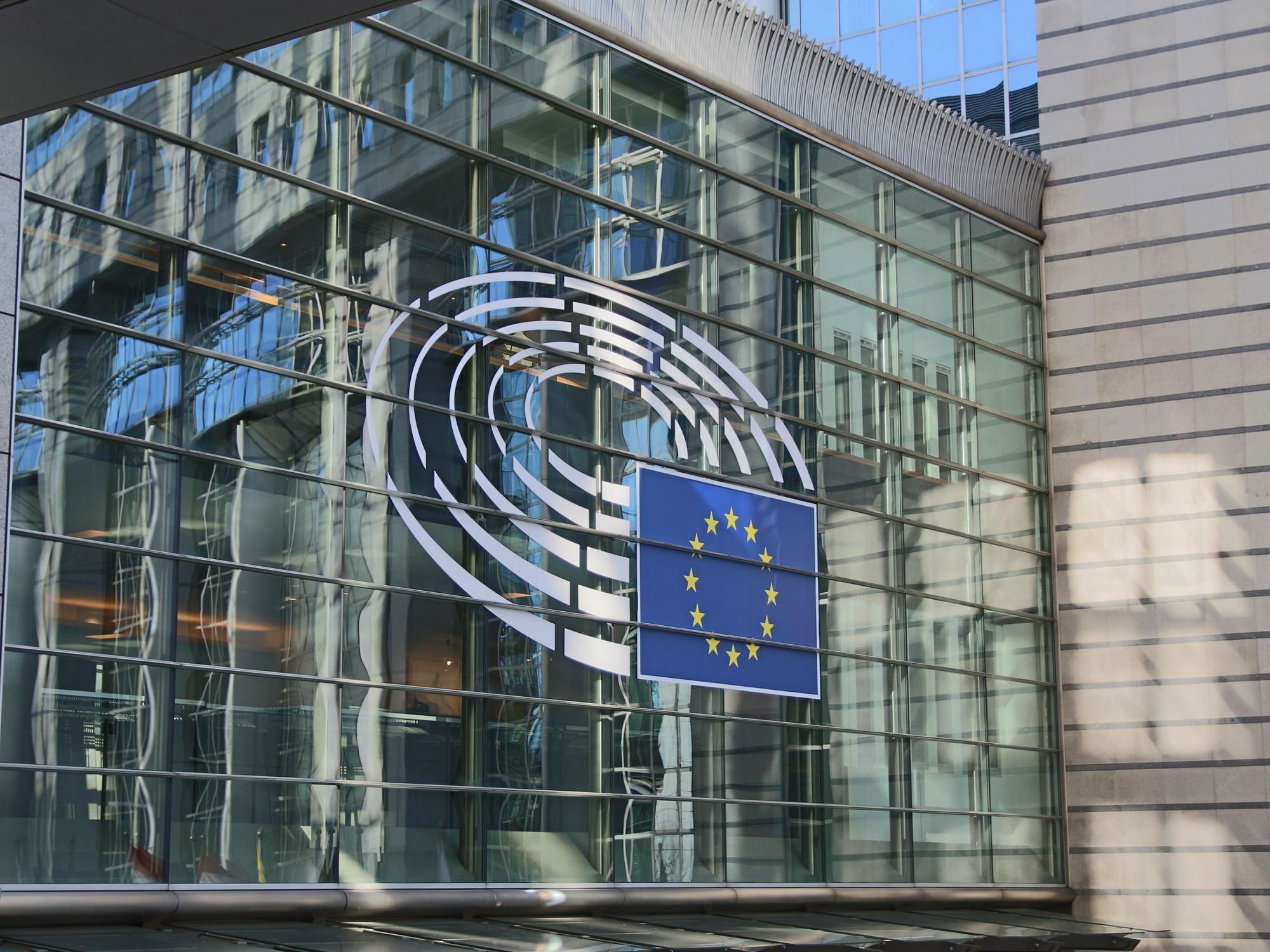Column: The EU Has Changed the Game for Artists and Social Media Globally — and It's About Time

Over the last year, there has been bipartisan appetite for taking a bite out of big tech. From carve outs of §230 of the Communications Decency Act to Congressional antitrust hearings, to lawsuits and investigations from seemingly every three-lettered government agency in the District, big tech has had an especially tedious go of it recently. And 2021 does not seem to be any different.
Sometimes overlooked amid other more headline-worthy stories, one initiative has the potential of striking at the heart of platforms' business models – including both the largest social media companies we're all familiar with and any-sized platform that relies on user-generated content. The future of copyright online, which generates billions for platforms, will be up for discussion in the 117th Congress, and legislation across the Atlantic may play a major role in influencing how that discussion shakes out.
Senator Thom Tillis, a Republican from North Carolina who is also chairman of the Senate Judiciary Subcommittee on Intellectual Property, recently presented a discussion draft of a bill to restructure the Digital Millennium Copyright Act (DMCA). His bill, which is in its infancy and will surely go through many revisions and scrutiny in the upcoming Congress, signals a willingness to restructure the copyright regime that has, for decades, protected platforms from the effects of hosting infringing content.
However, before platforms worry about changes to their business model due to any changes in U.S. law, they will have to deal with the already passed and soon implemented European Union Copyright Directive (EUCD) and its well-discussed Article 17.
In 2019, the European Union adopted new legislation called the Copyright Directive, which removes the platforms' "safe harbor" protections and replaces them with an obligation to license all content from the correct rightsholder before a user publishes said content. The failure to do so would result in potential liabilities by statute and, in some European states, additional penalties. Simply put, safe harbor protections, also currently present in the DMCA, provide platforms with a liability shield when one of their millions of users shares copyrighted content without the proper license. Once the EUCD becomes active, these protections, at least when it comes to copyright infringement, will be a thing of the past and accountability will be the new norm.
The directive, which will be implemented in June of 2021, is going to affect how platforms conduct business even outside of European borders. Conventional thinking states that creating one system for use in the European market, while running a completely different system elsewhere will be too costly, and a dangerous liability. In fact, it is likely that platforms will abide by the directive even outside of the continent's borders and pay close attention to the uploads of their users before they are published. While the directive envisions a new way forward for these companies, its spirit is to ensure that rightsholders also benefit from the success of platforms, which is due in large part to their creations.
A novel legal situation will also arise when platforms inevitably follow the directive. The aforementioned safe harbor protections present in the DMCA are dependent on a platform showing that it had no knowledge of the infringing content present on their network. However, in order for a platform to abide by the EUCD, it must, by definition, have knowledge of the content on its platform – all of it. This creates an interesting situation for platforms: should they abide by the European directive, the protections provided by the DMCA may no longer be available to them when a rightsholder decides to file a lawsuit. Since the internet, and platforms, are not bound by borders, lawyers on all sides are asking themselves: "can a platform claim to have knowledge of infringing content shared in Paris, while also claiming to not have knowledge of the same content in Los Angeles?"
Of course, this question will have to be answered by American courts, likely very soon and likely in a high profile case. A major rightsholder is bound to test this theory, and depending on the outcome, it could potentially open a floodgate of liability for America's largest companies.
While many may be thinking that this will likely only affect the largest companies in the space, Facebook, Twitter, YouTube, and TikTok shouldn't be the only entities paying attention. In fact, any platform of any size that deals with user-generated content will need to fundamentally change how they manage posts on their networks. Identifying solutions to these issues will be crucial to those platforms' survival.
Changing how we think about the powerful safe harbor provisions provided to social platforms will bring forth an era where creatives will finally be able to get their equitable slice of the pie when their content is shared online. Ultimately, the EU Copyright Directive, and the upcoming DMCA discussion, should not be seen as a punishment for big tech, but rather a legislative correction that balances the scales – turning a win/lose into a more equitable win/win.
Cesar Fishman is the head of business and government affairs at Pex and a government and business affairs professional with over a decade of experience in the field. Starting his career on Capitol Hill, Fishman moved to Los Angeles to work with major entertainment companies – advising them on key policy issues affecting their businesses.



 Image Source: Revel
Image Source: Revel
